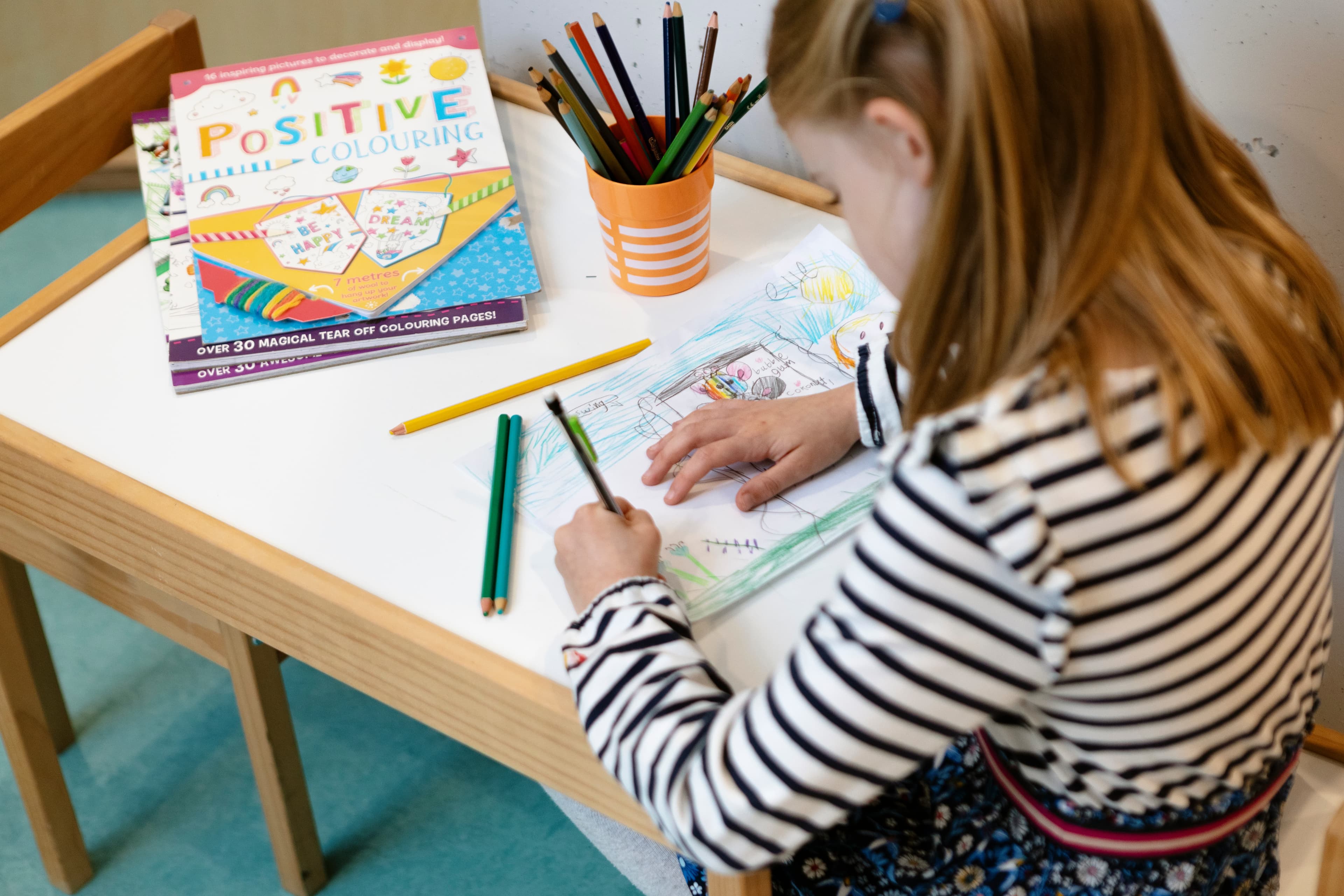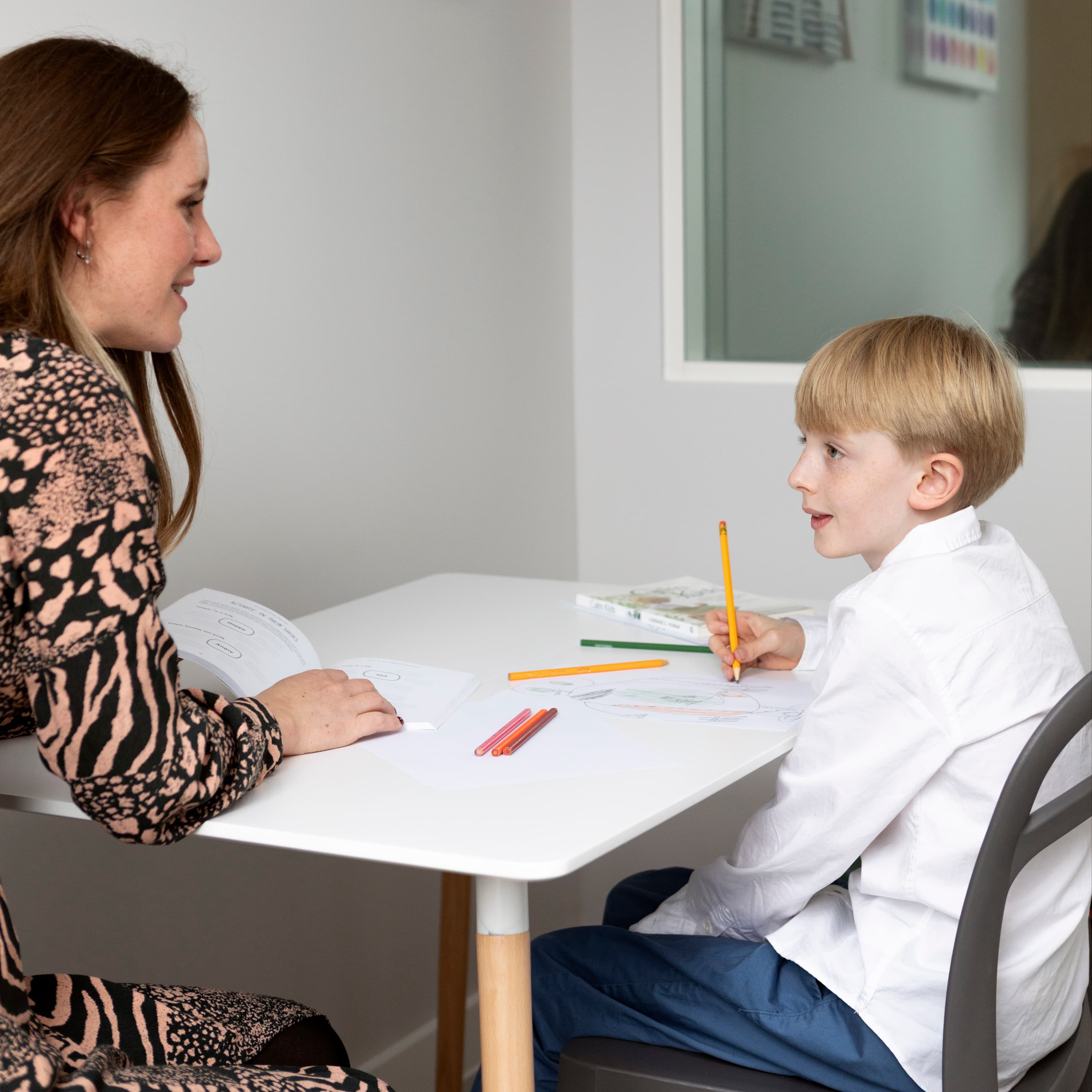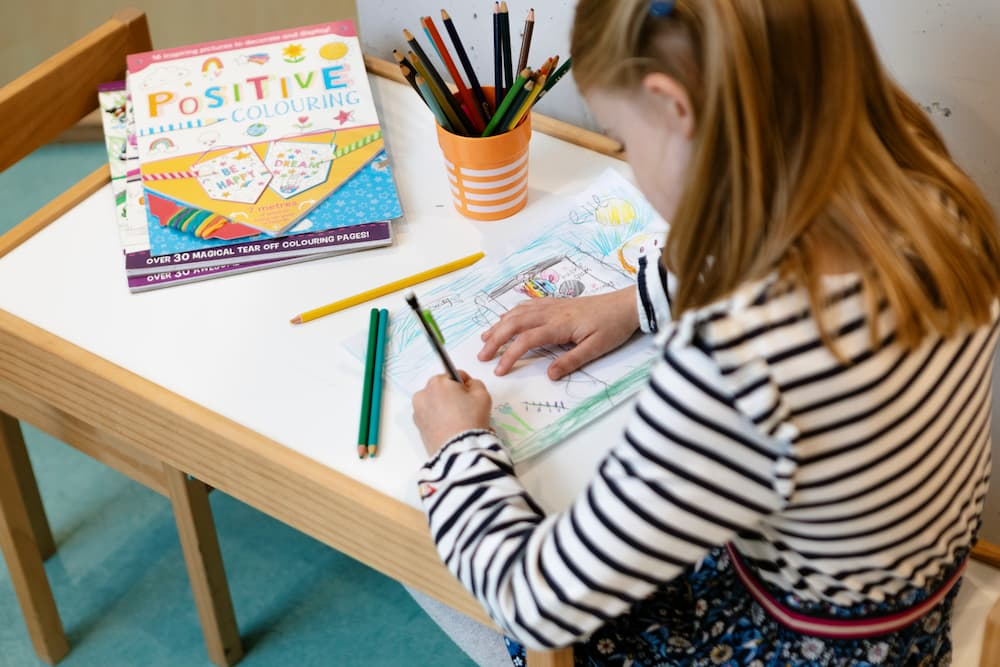Attention Deficit Hyperactivity Disorder, or ADHD, is a common neurodevelopmental condition affecting around 37,000 children and young people in Scottish schools, according to Education Scotland. But what exactly is ADHD, and how can you tell if it might be impacting your child? Dr Catherine Thomas, Consultant Child & Adolescent Psychiatrist at The Edinburgh Practice, shares her insights into recognising the signs, getting a diagnosis, and finding the right support for your child.

Spotting the signs of ADHD
ADHD symptoms vary widely but generally involve inattention, hyperactivity, and impulsivity. "Children with ADHD may have trouble focusing, often appear distracted, and have a tendency to 'zone out' even during important tasks," says Dr Thomas. She adds that other signs can include poor organisational skills, difficulty with time management, struggling to start or finish tasks, restlessness, fidgeting, and a tendency to act impulsively.
Dr Thomas emphasises, “Kids with ADHD often exhibit impatience, an intense need for immediate results, and may struggle to wait for things.” These behaviours can make school and social interactions challenging, but early recognition can make a world of difference.

Finding the right help
“It’s essential to find a clinic that subscribes to NICE or SIGN guidelines for assessment and management of ADHD. These guidelines highlight a thorough clinical history and observation, developmental history, collateral information from school including ADHD questionnaires filled in by teachers,” Dr Thomas explains. “Face-to-face assessments can be particularly valuable in order to obtain a good idea of the young person and their presentation, as well as to exclude other mental health difficulties.”
Who seeks ADHD help?
“A wide range of people. For many young people, they are struggling with their schoolwork and often feeling anxious or down. As academic challenges intensify, challenging behaviour, or not being able to attend school can become more apparent. Support at this stage can make a significant difference in helping young people manage their symptoms and boost their confidence.”

What’s involved in the ADHD diagnosis process?
“At The Edinburgh Practice, ADHD diagnosis adheres to that set out by the NICE guidelines. The process starts with an initial consultation which covers an explanation of the assessment process, ensuring an understanding of the symptoms of ADHD. A description of the strengths as well as difficulties experienced by the client is gained, along with any other mental health difficulties which may be present.
We then gather a developmental history from parents, fill out ADHD questionnaires, and involve teachers to understand the child’s school behaviour. An in-depth questionnaire is sent to the school to obtain a comprehensive idea of the young person’s functioning at school. The young person also completes a questionnaire designed for them, the DIVA- 5 for young people. All this information is compiled into a report and shared with the family, making the process as transparent and supportive as possible.”

How a diagnosis can help
“For many families, the diagnosis is met with huge relief. At last, the young person and family understand the reason behind their struggles, both academic and behavioural. As part of confirming the diagnosis, a management plan is discussed, which includes informing the school about the diagnosis and requesting support. This is heartening for the family as they feel they can approach the school to request support and devise a support plan for the young person.”
Life after diagnosis
“Once diagnosed, many children and families feel empowered, knowing they can make progress with the right support. For most young people who commence medication, the result can be dramatic, with a very significant improvement in their ability to concentrate, a reduction in restlessness and impulsivity and an ability to progress with their schoolwork. There can also be a major improvement in the home situation, with young people feeling calmer and better able to engage in family life.”
Supporting a child with ADHD
“It’s important for friends and family to understand the condition and support those affected. Being patient and offering clear, step-by-step instructions that they can process and execute is important. Furthermore, the offer of visual timetables, timers and regular movement breaks can help a young person who is hyperactive and restless. Creating calm, quiet spaces to ensure that the young person is able to take time out if they are prone to emotional dysregulation, is important too.

How schools can make a difference
Support from school is key to young people managing their ADHD symptoms and achieving their academic potential.
For inattention symptoms, seating a young person in a place where teachers can check in with them regularly, prompting them to keep up with their work, can be most useful. Delivery information in manageable chunks, issuing instructions one by one preferably in written form, is useful. Ensuring there is a robust system for homework tasks, preferably in written form or on the school computer system.

For hyperactivity/restless symptoms, the use of fidget toys , wobble cushions, along with regular movement breaks can be helpful. If there are difficulties with emotional regulation, some time out in a quiet, calming space can be most helpful to the young person. Young people with a diagnosis of ADHD are entitled to sit tests and exams in a smaller room with less distraction and are also able to ask for 25% extra time.

Dr Catherine Thomas (pictured above) is a Consultant Child & Adolescent Psychiatrist at The Edinburgh Practice, an award-winning, multidisciplinary mental health practice situated in the centre of Edinburgh. To find out more about the egg partner or to book an ADHD assessment, click here.
